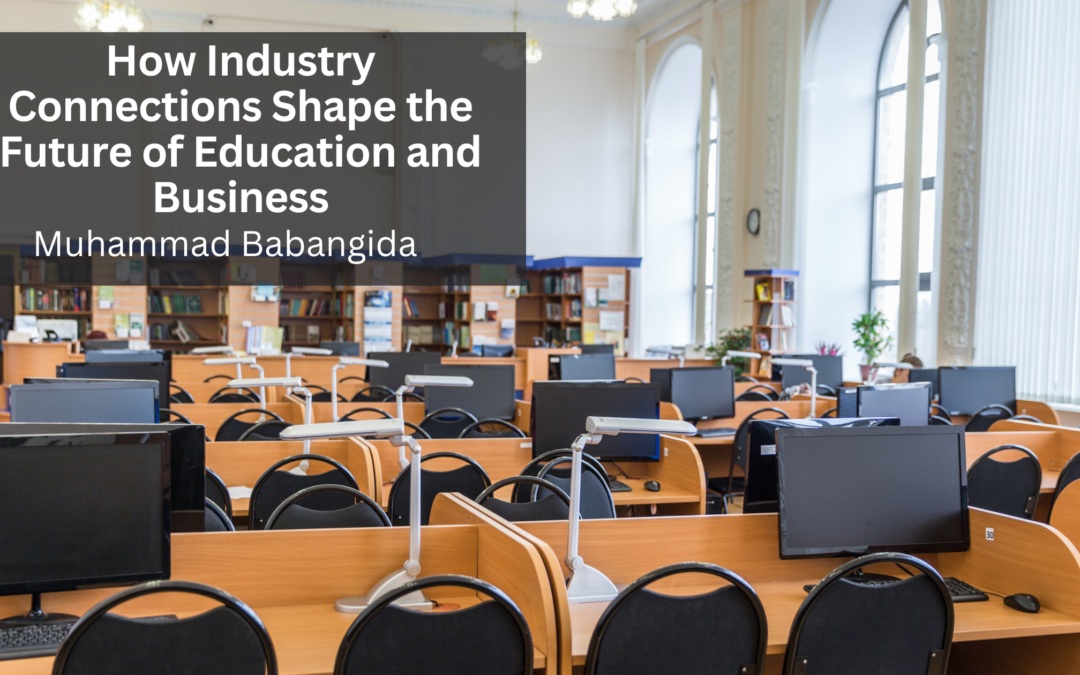In today’s rapidly changing world, the intersection of education and business is more important than ever. One of the key factors influencing both sectors is the strength and depth of industry connections. These relationships between educational institutions and businesses not only enhance the learning experience but also shape the future of innovation, workforce development, and economic growth. Here’s how industry connections are transforming the future of education and business.
1. Bridging the Gap Between Theory and Practice
One of the primary benefits of industry connections is the bridging of the gap between academic theory and real-world practice. Educational institutions often collaborate with businesses to develop curricula that reflect the current needs of the workforce. Industry professionals can provide valuable insights into emerging trends, technologies, and skill requirements. As a result, students are equipped with practical knowledge that aligns with the demands of the job market. This connection ensures that graduates are ready to step into their roles with relevant expertise.
2. Enhancing Career Opportunities for Students
Industry partnerships create direct pathways for students to enter the workforce. Through internships, apprenticeships, and mentorship programs, businesses offer students hands-on experience that enhances their employability. These collaborations also give students a chance to network with industry leaders and gain insights into career paths they may not have considered. For businesses, it’s an opportunity to scout emerging talent and build a pipeline of qualified future employees.
3. Fostering Innovation and Research Collaboration
Industry connections also foster innovation and collaboration in research. Many businesses partner with universities to conduct cutting-edge research that drives advancements in technology, healthcare, energy, and other sectors. These partnerships often lead to breakthroughs that have a significant impact on the economy and society as a whole. By collaborating with industry leaders, academic researchers gain access to resources and funding that accelerate their work, while businesses benefit from the latest academic insights and innovations.
4. Shaping the Evolution of Education
As industries evolve, so must educational systems. Industry connections play a pivotal role in shaping the future of education by influencing the development of new programs and educational technologies. Businesses often partner with educational institutions to co-create online learning platforms, certifications, and specialized training programs that meet the needs of both employers and students. This dynamic relationship ensures that educational systems remain relevant and adaptable to changing business environments.
5. Driving Economic Growth and Competitiveness
A strong partnership between education and industry ultimately benefits the broader economy. By aligning educational outcomes with the needs of businesses, these collaborations foster a skilled workforce that drives innovation, increases productivity, and enhances competitiveness. Communities with strong ties between academia and industry are better positioned to attract investment, create jobs, and remain resilient in the face of global economic shifts.
Conclusion
Industry connections are essential for shaping the future of both education and business. By aligning educational practices with the evolving needs of the workforce, fostering innovation through research, and providing students with real-world experience, these collaborations ensure that both sectors thrive in a rapidly changing world. As the relationship between education and business continues to deepen, we can expect even more opportunities for growth, development, and success in the future.
